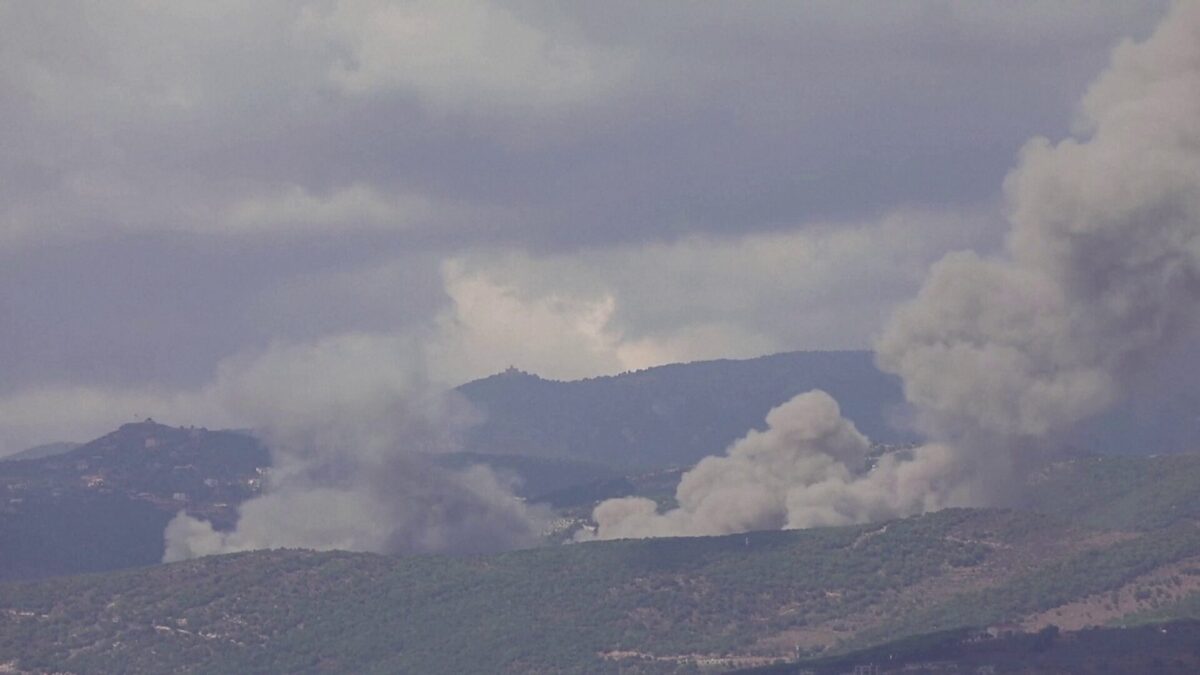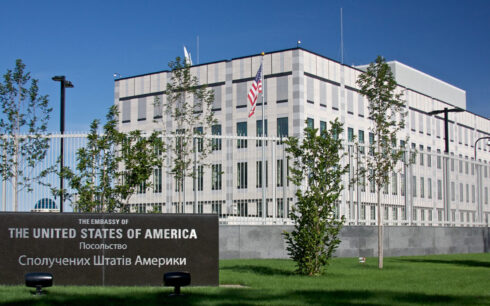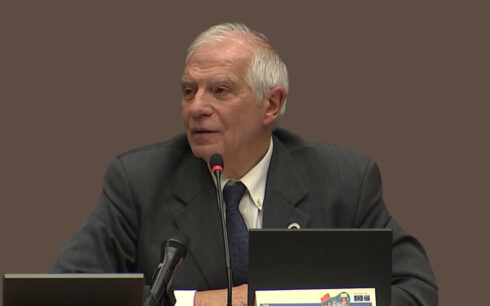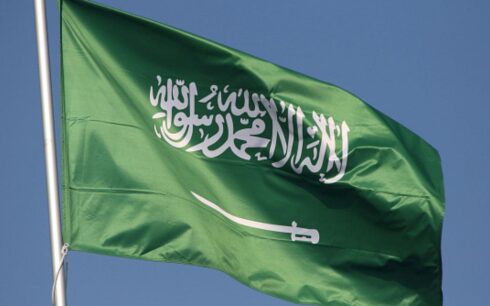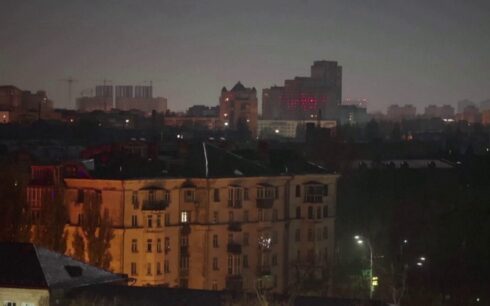Lebanese Prime Minister Najib Mikati has expressed optimism that a ceasefire could be reached to end the escalating conflict between Israel and Hezbollah, a group backed by Iran. The ongoing clashes have destabilized Lebanon and heightened fears of a potential ground invasion by Israeli forces.
In response to calls from the United States, France, and other allies for an immediate 21-day ceasefire along the Israel-Lebanon border, Mikati welcomed the truce proposal but stressed that its success depends on Israel’s commitment to enforcing international resolutions. “Hopefully, yes,” Mikati told Reuters when asked if a ceasefire could be secured soon.
Mikati’s caretaker government includes ministers from Hezbollah, Lebanon’s most powerful political force. The proposed ceasefire would apply to the “Blue Line,” the demarcation between Israel and Lebanon, and would aim to pave the way for diplomatic negotiations, according to a senior Biden administration official.
Intensifying Conflict
As tensions rise, Israeli forces have intensified airstrikes in southern Lebanon, killing at least 72 people on Wednesday, according to the Lebanese health ministry. These strikes come as Israel focuses on securing its northern border amid near-daily exchanges of fire since its war with Hamas began in Gaza.
The Israeli military has indicated that a ground assault on Lebanon remains a possibility, further raising fears of a broader conflict across the region. Over the past months, U.S. officials have been in discussions with both Israeli and Lebanese counterparts to de-escalate tensions.
During a United Nations Security Council meeting on Wednesday, Israeli Ambassador Danny Danon said Israel would welcome a ceasefire but stressed that peace could only be achieved by addressing the threat posed by Iran. “Iran is the nexus of violence in the region,” Danon said, calling for the dismantling of Iran-backed militant groups.
Humanitarian Impact
The conflict has forced hundreds of thousands of Lebanese to flee their homes, with hospitals filling up with casualties from Israeli airstrikes. On Monday, Israel’s bombing campaign resulted in more than 550 deaths, marking Lebanon’s deadliest day since its civil war ended in 1990.
Hezbollah has sustained significant losses, with several senior commanders assassinated and thousands of communications devices destroyed. The group’s continued rocket barrages into Israel have added to the rapidly escalating violence, prompting growing concerns from world leaders that the conflict could spiral out of control.

